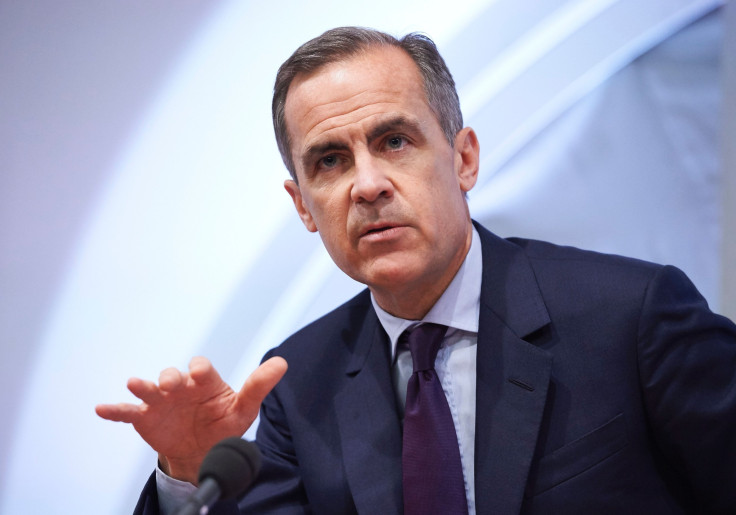EU Brexit 2016: Bank Of England Governor Faces Grilling From UK Lawmakers

Britain's membership of the European Union “reinforces the dynamism” of the country's economy, Bank of England Governor Mark Carney told British lawmakers Tuesday, in a boost to Prime Minister David Cameron's campaign to keep the country inside the EU.
Carney, the head of the country's central bank, sought to remain neutral on the issue of a possible exit from the bloc — popularly termed "Brexit" — saying that the bank would not be weighing in on either side of the debate, as he gave testimony to lawmakers.
"We will not be making, and nothing we say should be interpreted as making, any recommendation with respect to that decision," Carney said.
In a letter sent to the committee, Carney wrote that the reform deal Cameron struck with other EU leaders last month “addresses the issues that the bank identified as being important.
“The settlement explicitly recognises the needs of the UK to supervise its financial stability, while not impeding the implementation of necessary, further integration amongst members of the euro area. It makes clear that the UK retains responsibility for supervising its financial stability, financial institutions and markets as well as maintaining responsibility for the resolution of failed financial institutions within its jurisdiction,” he added.
During his testimony, Carney also admitted that a Brexit could lead to some big banks leaving London, depending on what Britain negotiated with the rest of the EU. He said the key issue would be the degree of recognition granted to financial services in London, and whether a mutual recognition framework would be negotiated to mirror the current regime.
Carney faced backlash during his testimony from Conservative MP and Brexit supporter Jacob Rees-Mogg, who took issue with what he saw as Carney stressing the positives of EU membership in his answers but not the negatives.
"It is speculative and beneath the dignity of the Bank of England to be making speculative, pro-EU comments," Rees-Mogg said.
Carney rejected Rees-Mogg's assertions, saying he felt the lawmaker had misrepresented his comments, and that the bank makes its assessments dispassionately.
Carney also refused to be drawn on Cameron's comments from Monday saying that the central banker would “have something to say” on the Brexit issue in his testimony. Carney told lawmakers, who asked what Cameron meant, that they would have to ask the prime minister, and that what he had told Cameron was consistent with what he had put in the public domain.
© Copyright IBTimes 2025. All rights reserved.






















